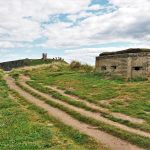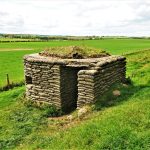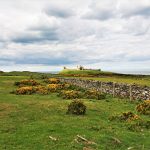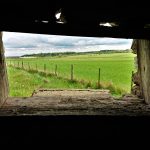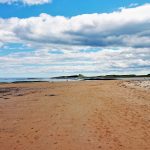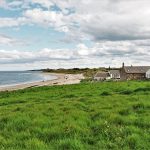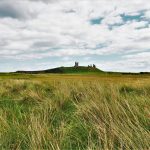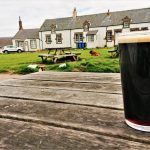Description
Low Newton and Dunstanburgh

The Low Newton and Dunstanburgh walk takes us to 14th Century Dunstanburgh Castle, and back to Low Newton, along two routes. The outward journey is along Embleton Bay and the return journey follow the Northumberland Coast Path.
Details
| Hills: | No hills | |
| Distance: | Medium distance | |
| Grade: | Moderate (Distance) | |
| Map: |  |
|
| This walk is on OS map Explorer 340 Holy Island and Bamburgh. Click on map image to buy this map. | ||
| Declaration: We are a participant in the Amazon Services LLC Associates Program, an affiliate advertising program designed to provide a means for us to earn fees by linking to Amazon.com and affiliated sites. | ||
Start
We start at the car park in High Newton-by-the-Sea. A little walk into the village, down an alley and across a field, leads us to Low Newton-by-the-Sea.

Low Newton-by-the-Sea
This little fishing village is right on the beach, and because the road here doesn’t lead anywhere, it is very quiet. The Ship Inn sits in the corner of the square of fishermen’s cottages.
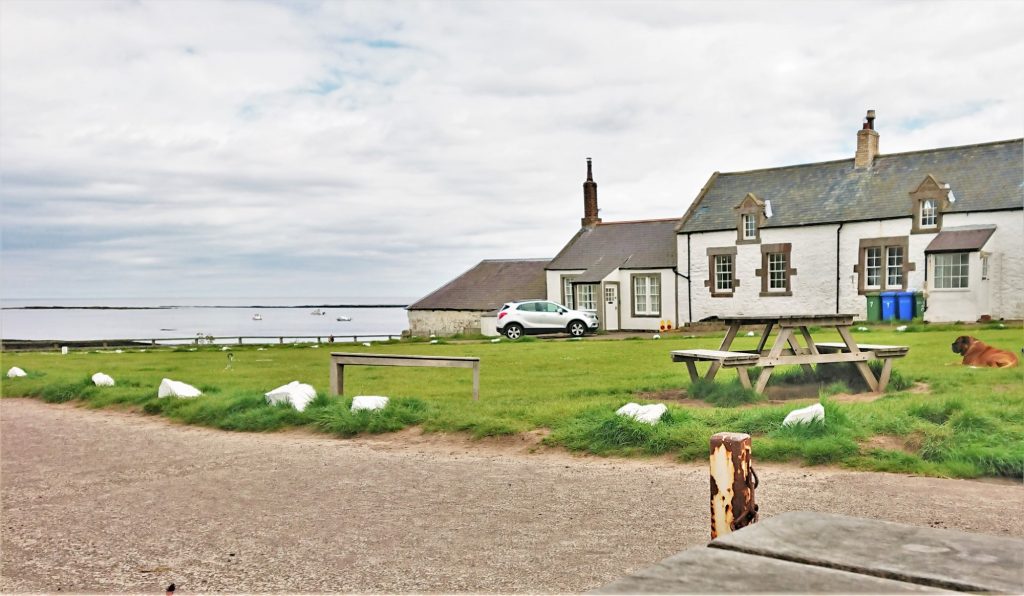
We leave Low Newton and head straight onto the beach at Newton Haven. Once round the headland by the nature reserve, we reach Embleton Bay. From almost every point on this beach, you will be able to see Dunstanburgh Castle, in the distance.
Embleton Burn
There is a slight sting in the tail of Embleton Bay and that is Embleton Burn. Often, this can make quite a river across the beach, which can make for wet feet.
As with many beaches in Northumberland, it is wonderful and great for Nordic Walking.

Dunstanburgh Castle
Eventually we will leave the beach and skirt around the end of the golf course. The imposing ruined castle sits on top of Castle Point. We will walk past it on the way to the return path.
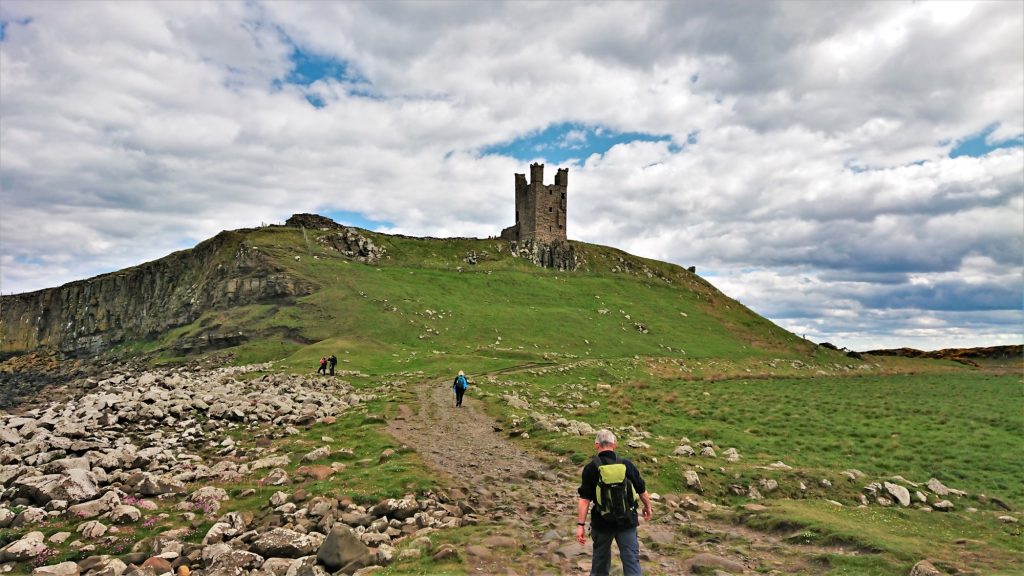
There are a few other interesting features here though. There is a significant sized WW2 pillbox, as well as Greymare Rock and Rumble Churn. Greymare Rock is a peculiar rippled piece of rock on the shore. This is igneous Whin Sill rock and the ripple would have been made when it was molten. Rumble Churn is also Whin Sill but it is a vertical feature that shows the section of the rock on which the castle is built.
The Heughs
A little way past Dunstanburgh Castle, we turn inland and head over the gorse covered Heughs. These are Whin Sill ridges that extend from Dunstanburgh to Craster and on to Cullernose Point. We turn north at Dunstan Square Farm and continue up to Dunstan Steads. On the way we pass another smaller WW2 pillbox, this time pointing in the opposite direction.
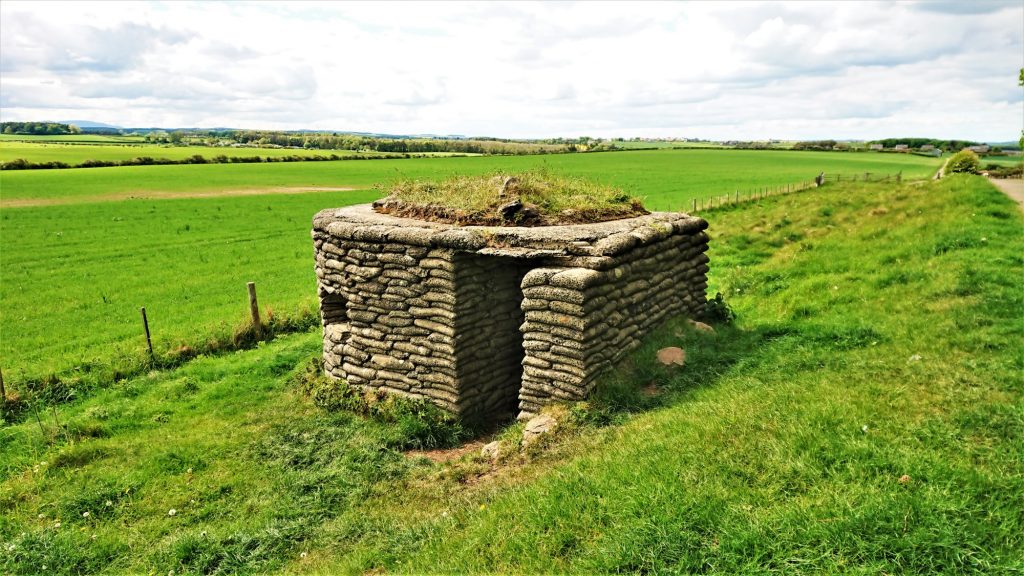
The beach is a gorgeous place to walk, as with almost every other beach in Northumberland. Low tide is also the best time to cross Long Nanny Burn, as it is shallow. It leads directly to Beadnell harbour, from where we head up into town.
Back to Low Newton
From Dunstan Steads we head back to the Coast Path and up past Dunstanburgh Castle Golf Course. Leaving the golf course we reach Embleton Links. There is a large nature reserve here, which is great for bird watching. However, one peculiar feature here are a range of wooden huts situate din the dunes. These huts were apparently built in the 1930’s by golfers who wanted to stay close to the course. They may look quaint but are very spartan, with no mains electricity and running water for only part of the year.
The Ship Inn
When we arrive back at Low Newton, we can enjoy some refreshments at The Ship Inn, before returning to the car park.
Hope to see you there.
Julie and Martin x
Gallery – Low Newton and Dunstanburgh
Home | Blog | Walks | Sign-up | Contact
Strolls with Poles – Nordic Walking for Fun and Fitness


